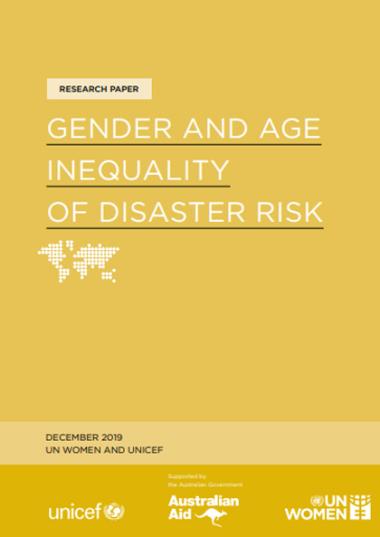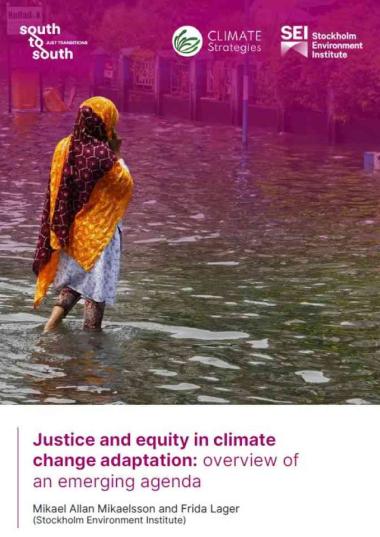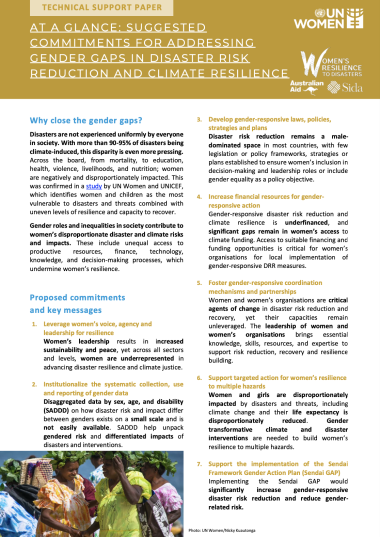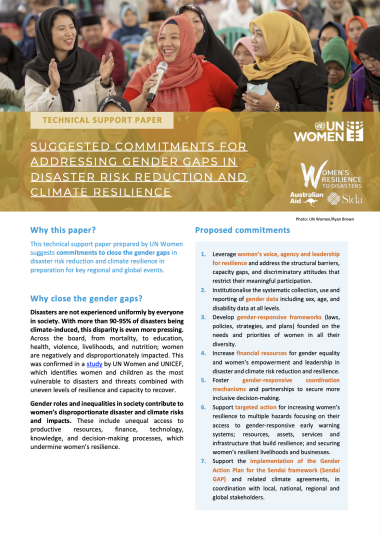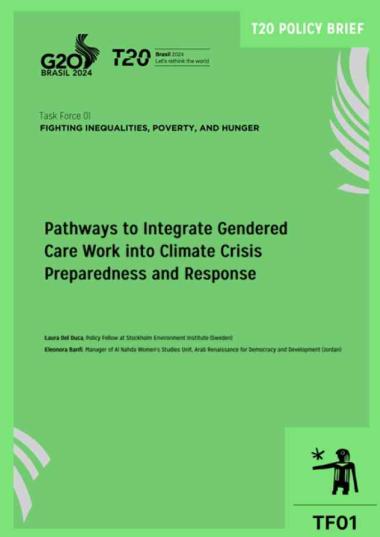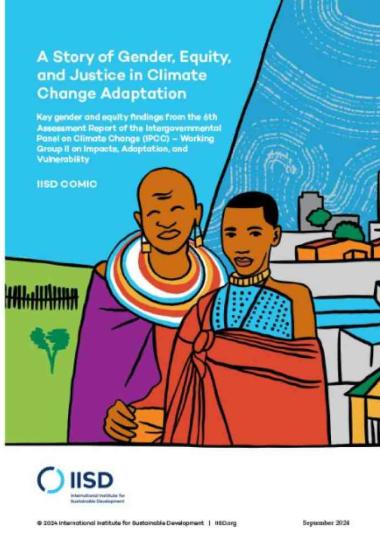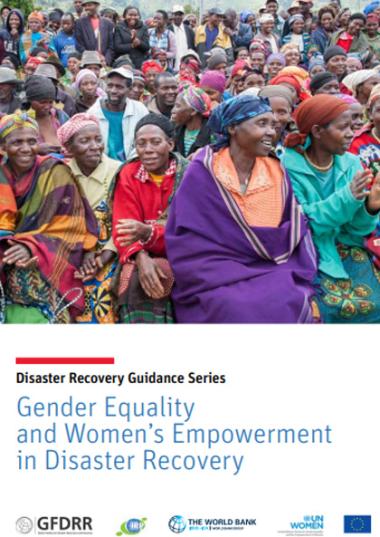
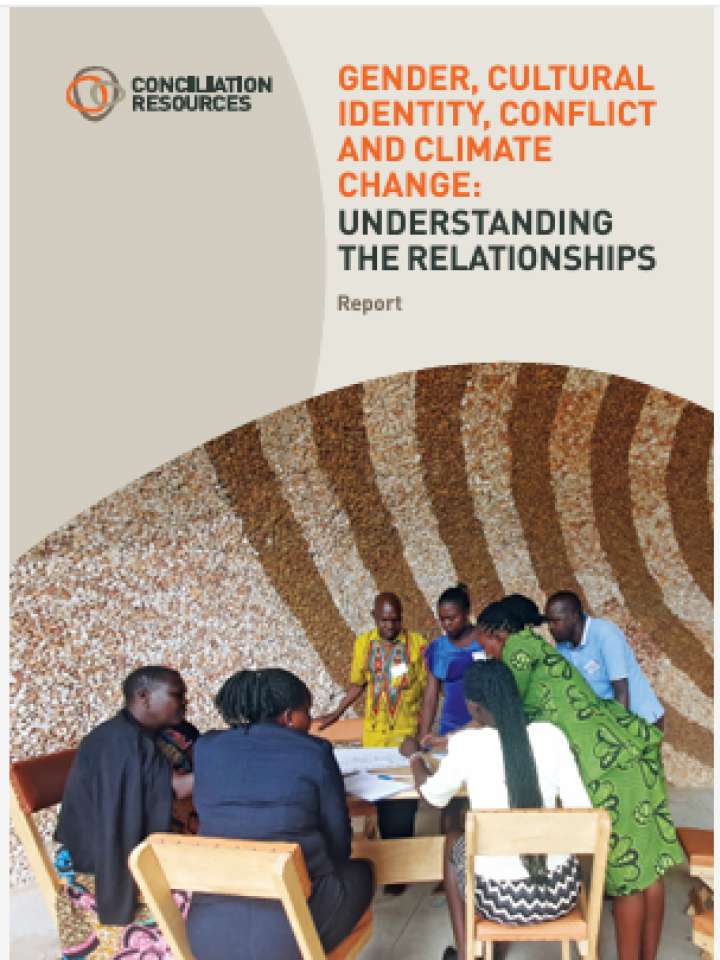
A key ambition of our work is to analyse how gender and other forms of social inequality drive conflict, which we seek to transform as part of more effective peacebuilding responses.
Conciliation Resources’ recent practice paper highlighted that gender and cultural identity is largely absent in discussions around climate change and conflict, despite driving climate-related insecurity. Emerging practice predominantly focuses on women and girls’ exposure and vulnerability to climate change, rather than gender as a key variable that can help us to better understand how climate change contributes to conflict.
To inform this report, we carried out a series of participatory workshops to explore how gender and cultural norms, relationships and power structures shape how different people experience the impacts of climate change, the types of responses they adopt and how this interacts with conflict systems.
The findings presented in this report reflect initial insights from workshops held in Karamoja, Uganda, Pakistan-administered Kashmir (PaK) and the Bangsamoro Autonomous Region of Muslim Mindanao (BARMM), where our partners are interested in testing more integrated approaches to these connected challenges.
